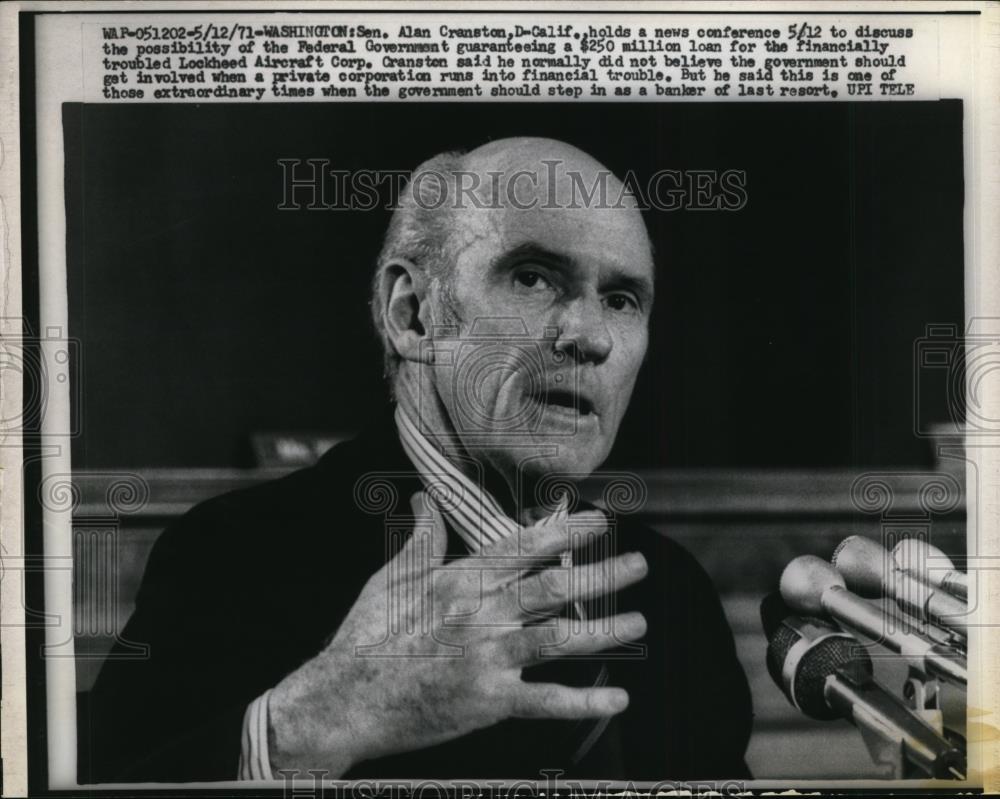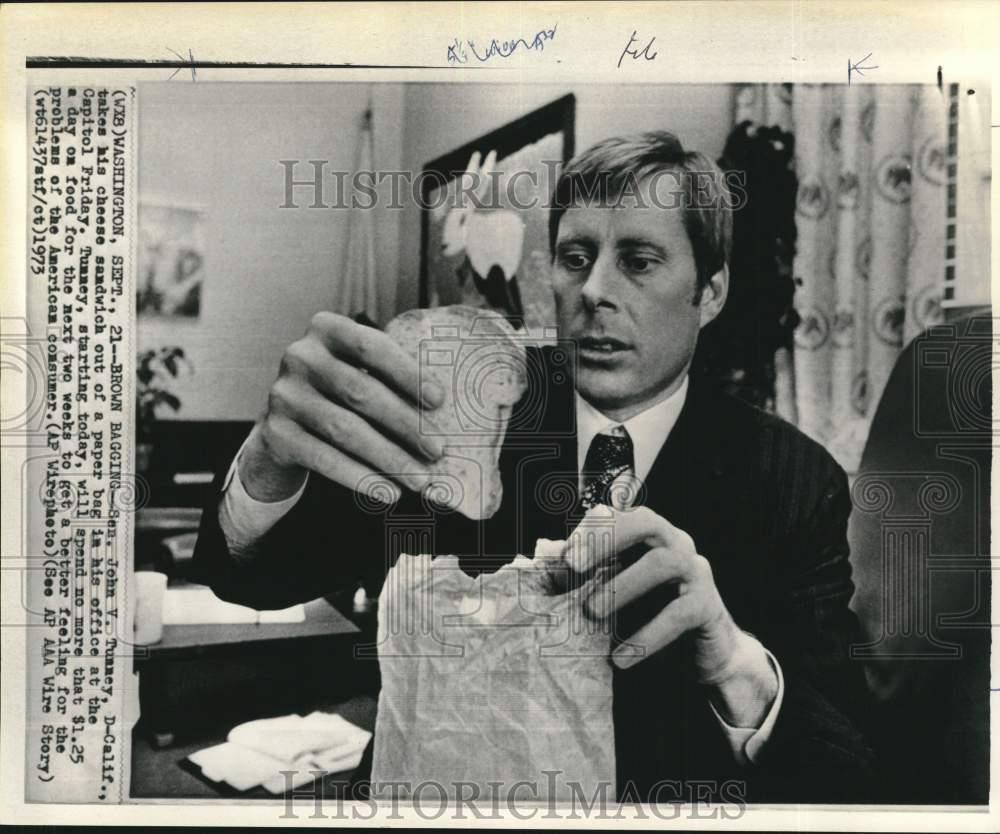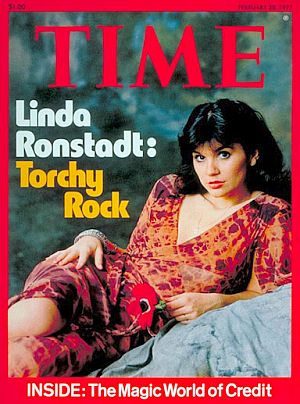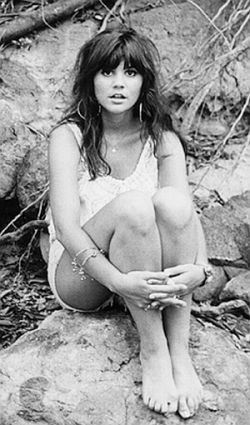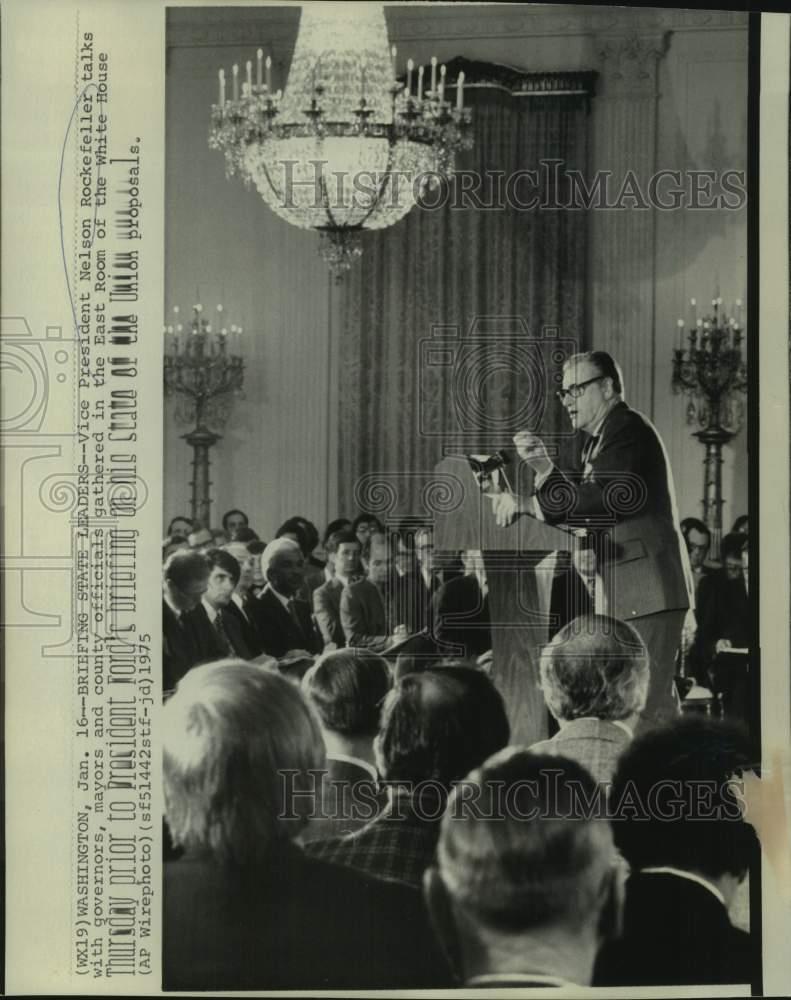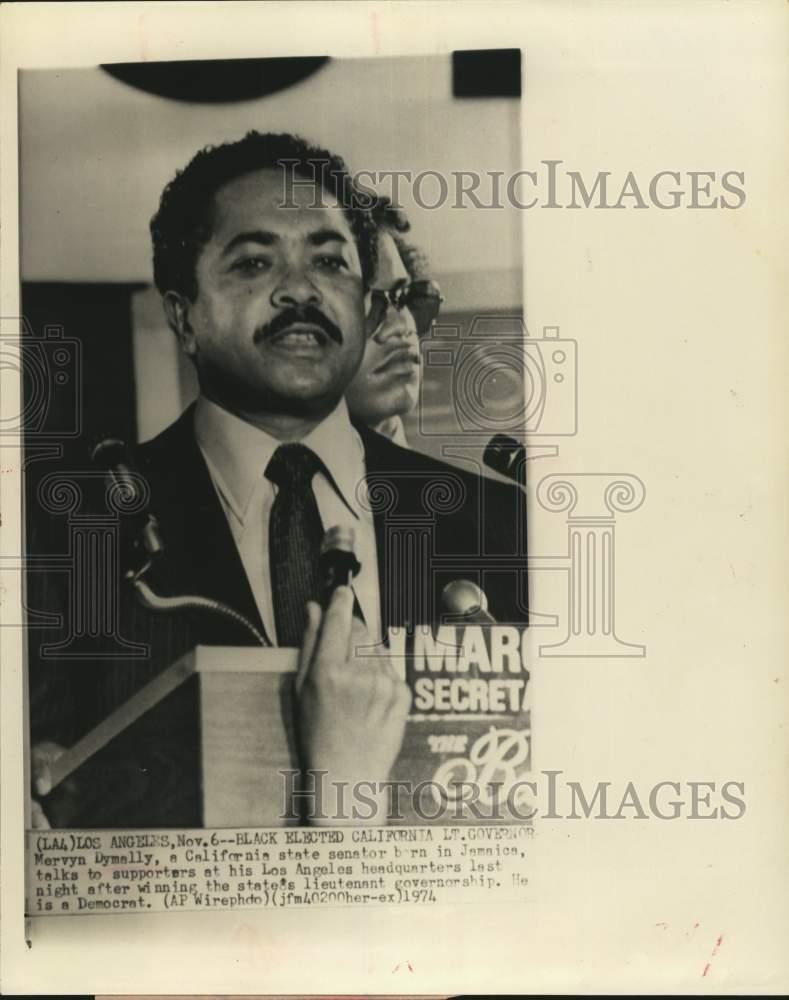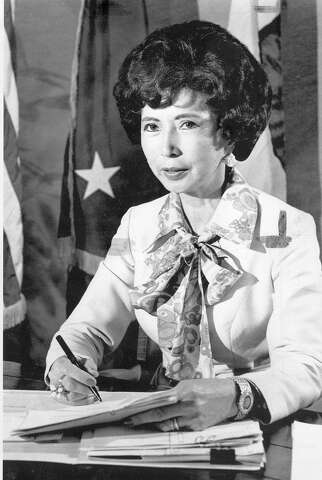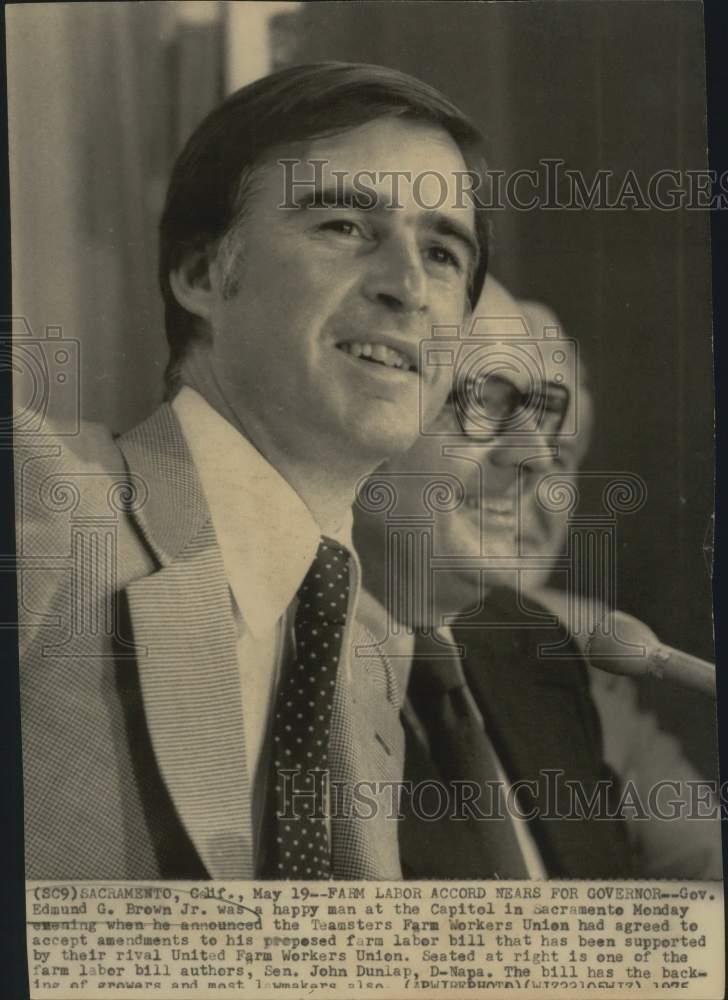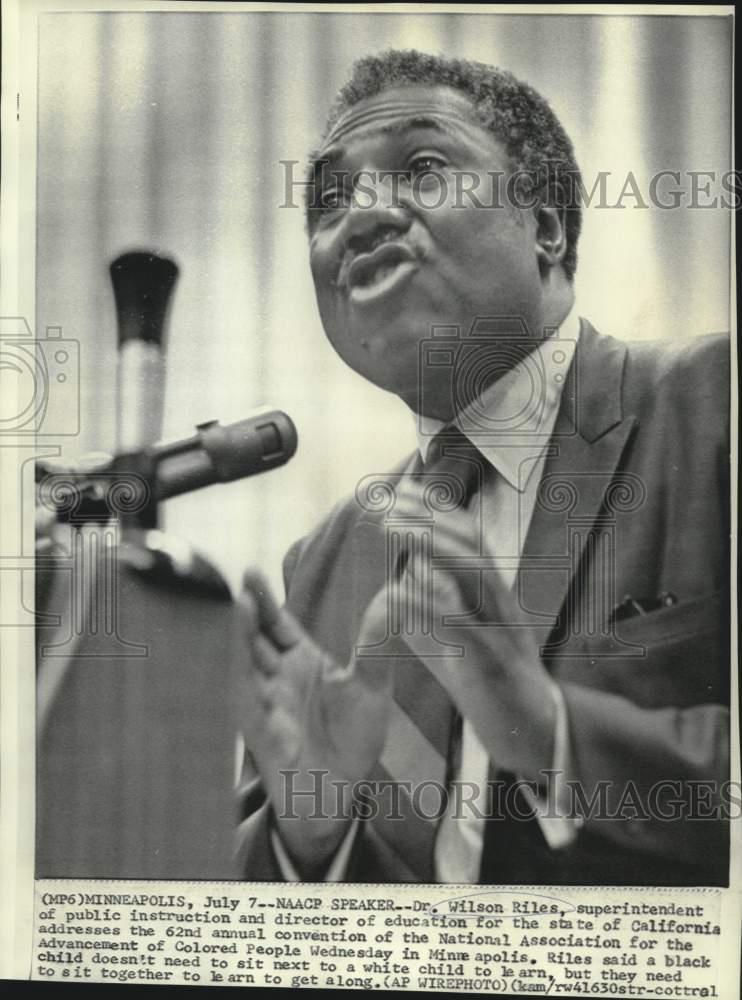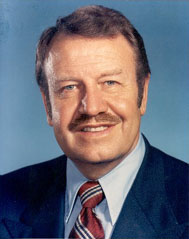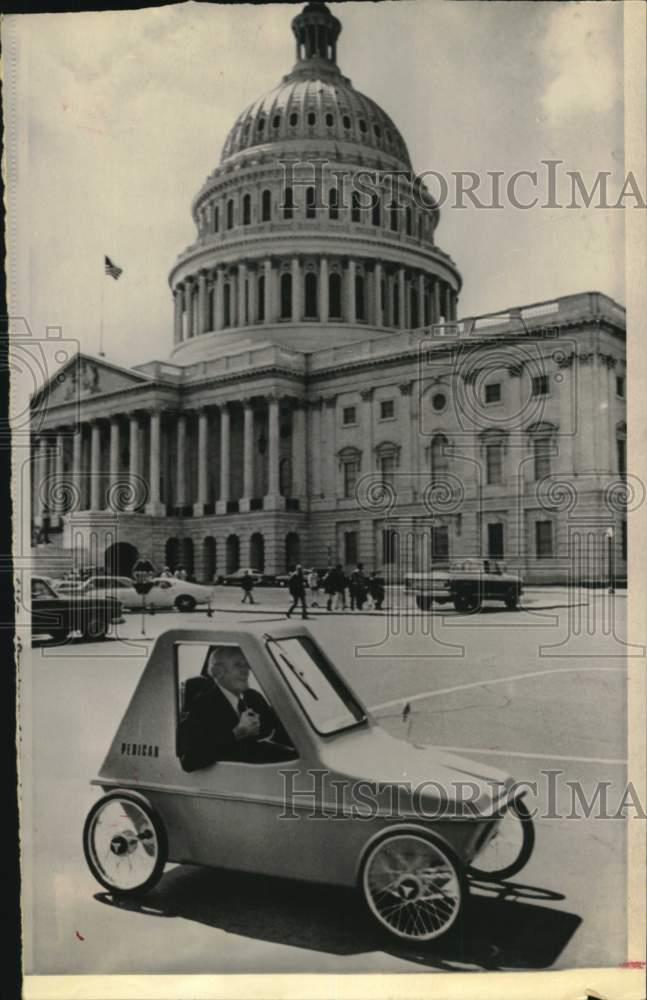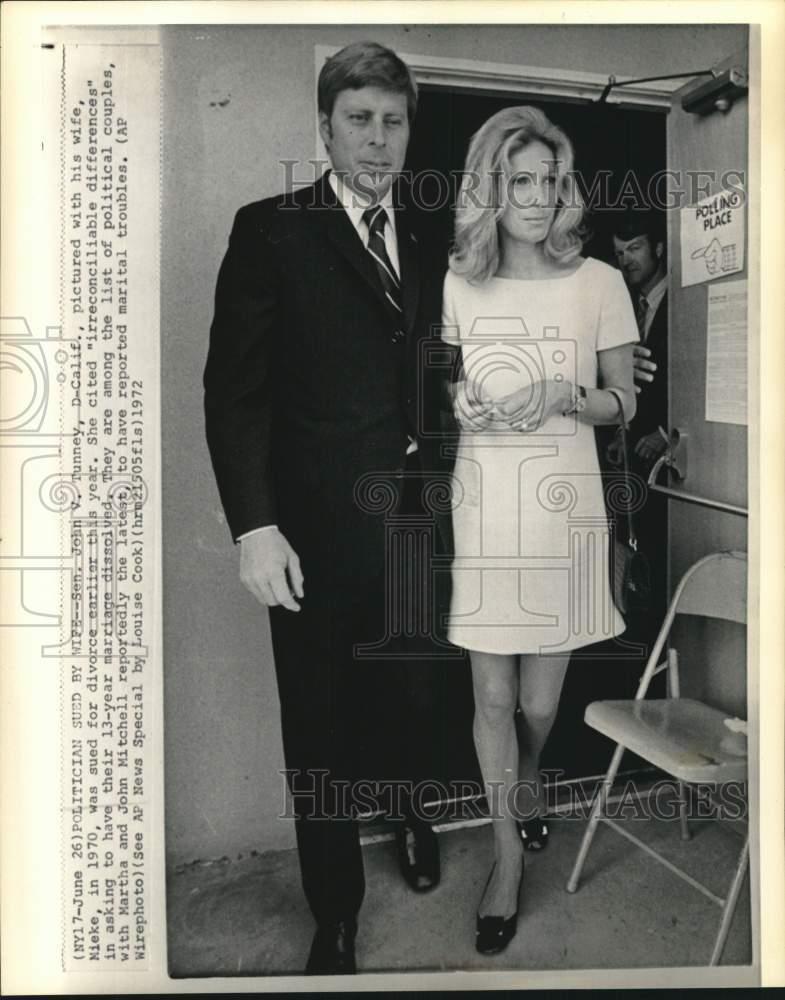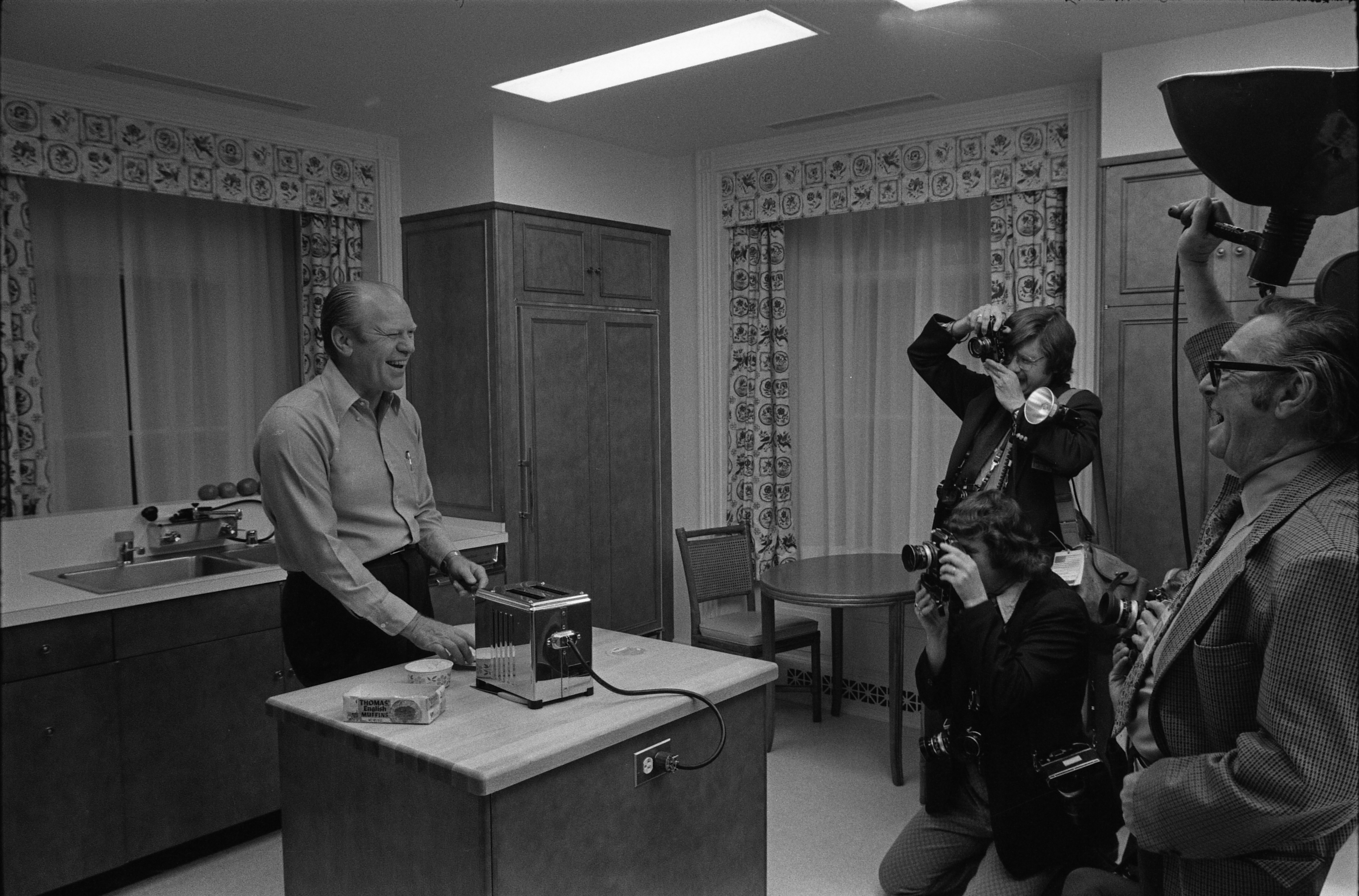Tidbits on the TL:
Chapter 4:
1.) National & International highlights of the Rockefeller Presidency (Fall 1975: Part I)
2.) President Rockefeller announcing his political future in regards to 1976
3.) Political ramifications of Rockefeller's announcement
4.) National & International highlights of the Rockefeller Presidency (Fall 1975: Part II)
5.) President Rockefeller visits Taiwan, Indonesia & the Philippines.
Chapter 5:
1.) 1976 State of the Union Address: President Rockefeller delivers 1st SOTU Address before Joint Session of Congress.
2.) The 1976 Presidential campaign highlights
3.) CA Governor Jerry Brown (D) makes his move in the Dem Primary for President in 1976
4.) Election results on GOP Primary & Dem Primary
5.) National & International highlights of the Rockefeller Presidency (Spring 1976: Parts I & II)
